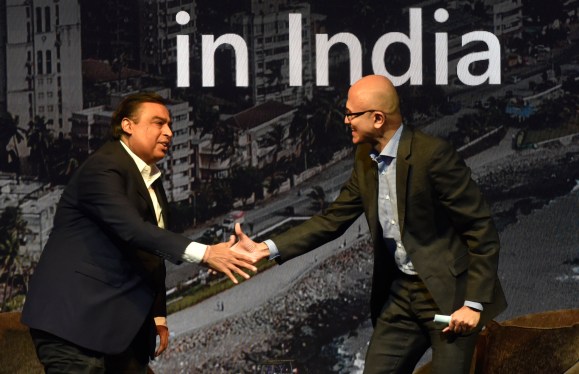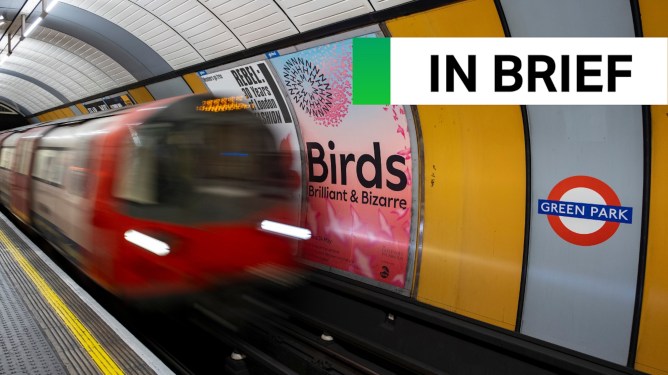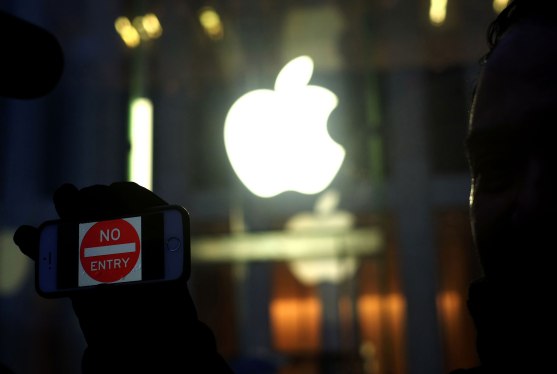Global Tech Giants Push Back Against Indian Telecom’s Bid for Stricter Regulation
In a move that highlights the ongoing tensions between technology giants and telecom operators, the Asia Internet Coalition (AIC), which represents Amazon, Apple, Google, Meta, Microsoft, Netflix, and Spotify, has forcefully argued against the inclusion of over-the-top (OTT) services in India’s proposed regulatory framework for telecom operators.
The AIC, in a submission to the Telecom Regulatory Authority of India (TRAI), has emphasized that there are fundamental differences in technology, operations, and functionality between OTT services and traditional telecom operations. While telecom service providers operate on the network layer, OTT services function on the application layer, and unlike TSPs, OTT providers do not have rights to acquire spectrum or interconnect with the public switched telephone network.
OTT Services Not Subject to Same Regulations as Telecom Operators
In its submission, the AIC noted that OTT communication services are already regulated under a host of laws, including as ‘intermediaries’ under the IT Act and the rules and regulations issued thereunder. The coalition argued that concerns about the lack of regulatory oversight over OTT services are unfounded.
"Thus, concerns that OTT communication services operate in an ecosystem where there is no regulatory oversight are unfounded," the AIC stated. "At the outset, we would like to submit that OTT communication services are already regulated under a host of laws, including as ‘intermediaries’ under the IT Act and the rules and regulations issued thereunder."
The coalition also pointed out that there are already enough regulations in India that oversee OTT services, including requirements for interception, content takedown, incident reporting, and user grievance redressal under the IT Act and related rules.
Telcos Pushing for Regulatory Intervention
The AIC’s resistance comes in response to a coordinated push by India’s top telecom operators — Bharti Airtel, Reliance Jio, and Vodafone Idea — to bring OTT services under a new authorization framework. The telcos have recommended that OTT providers contribute to network development costs based on their traffic consumption, turnover, and user base.
The telcos’ push for regulatory intervention is driven by the need to boost their margins, which are currently low due to high investments in 5G airwaves last year. Jio, India’s largest telecom operator with over 475 million subscribers, has been at the forefront of this initiative.
AIC Disputes Claims of OTT Services ‘Free-Riding’ on Telecom Infrastructure
The AIC disputed claims that OTT services are ‘free-riding’ on telecom infrastructure. Jeff Paine, AIC’s managing director, said that OTT services have driven increased data consumption and revenues for carriers. The coalition argued that regulating OTT services under the Telecommunications Act, 2023 would go beyond its intended scope.
The coalition noted that when the Act was introduced in Parliament, the telecoms minister, Ashwini Vaishnaw, clarified that ‘OTT has been regulated by the IT Act of 2000 and continues to be regulated by the IT Act’ and also stipulated ‘there is no coverage of OTT in the new telecom bill passed by the Parliament.’
Debate Reflects Global Trends
The debate in India mirrors similar discussions in South Korea and Europe, where network operators are also pushing for contributions from large tech companies. The AIC’s stance highlights the ongoing tensions between technology giants and telecom operators, which reflect broader debates about regulation and net neutrality.
Timeline of Events
- 2022: Indian telecom operators Bharti Airtel, Reliance Jio, and Vodafone Idea push for regulatory intervention to bring OTT services under a new authorization framework.
- 2023: Telecom Regulatory Authority of India (TRAI) seeks comments from stakeholders on the proposed regulatory framework for telecom operators.
- 2023: Asia Internet Coalition (AIC) submits its response to TRAI, arguing that OTT services are already regulated under existing laws and should not be subject to additional regulations.
Key Players
- Bharti Airtel
- Reliance Jio
- Vodafone Idea
- Telecom Regulatory Authority of India (TRAI)
- Asia Internet Coalition (AIC)
Conclusion
The debate over regulation of OTT services in India reflects the ongoing tensions between technology giants and telecom operators. The AIC’s stance highlights the need for a nuanced understanding of the regulatory framework and its implications for different stakeholders.
As the debate continues, it is essential to consider the broader implications of regulatory intervention on innovation, competition, and consumer welfare.



